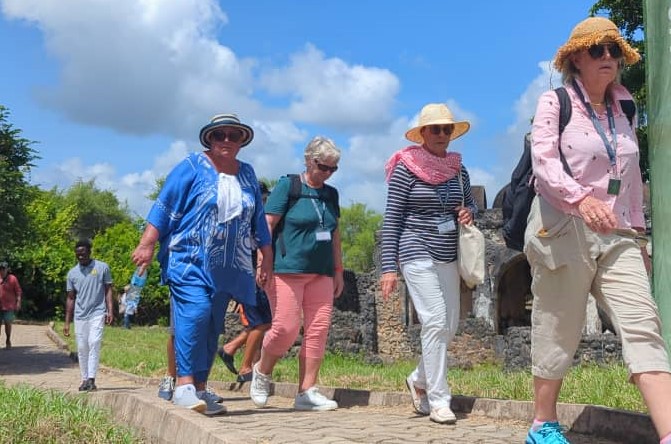Jifunze Kiswahili

We proceed with the Swahili word which start with letter H
The word “hasa” in Kiswahili means “especially”, “particularly”, or “specifically” in English. It is used to emphasize a specific aspect of something.Example in a sentence:Napenda matunda, hasa maembe.(I like fruits, especially mangoes.)The word “hasa” originates from standard Swahili and is commonly used in both formal and informal speech.
The Swahili word “hasara” translates to “loss”, “damage”, or “harm” in English. It is often used to describe financial loss, wasted effort, or any form of disadvantage or negative outcome.Origin”Hasara” comes from Arabic influence in Swahili, derived from the Arabic word “خسارة” (khasārah), which also means loss or damage. Swahili has many loanwords from Arabic due to historical trade and cultural exchanges.
How to Use “Hasara” in a Sentence1. Financial Loss:Nilipata hasara kubwa baada ya biashara yangu kuanguka.(I suffered a huge loss after my business collapsed.)2. Wasted Effort:Kusoma bila kufanya mtihani ni hasara kubwa.(Studying without taking the exam is a big waste.)3. General Harm or Damage:Moto huo ulisababisha hasara kubwa kwa wakazi wa mtaa huo.(The fire caused a huge loss to the residents of that neighborhood.)The word can also be used figuratively to express regret or wasted opportunities.
We will continue next period






